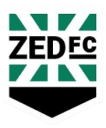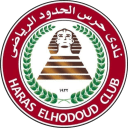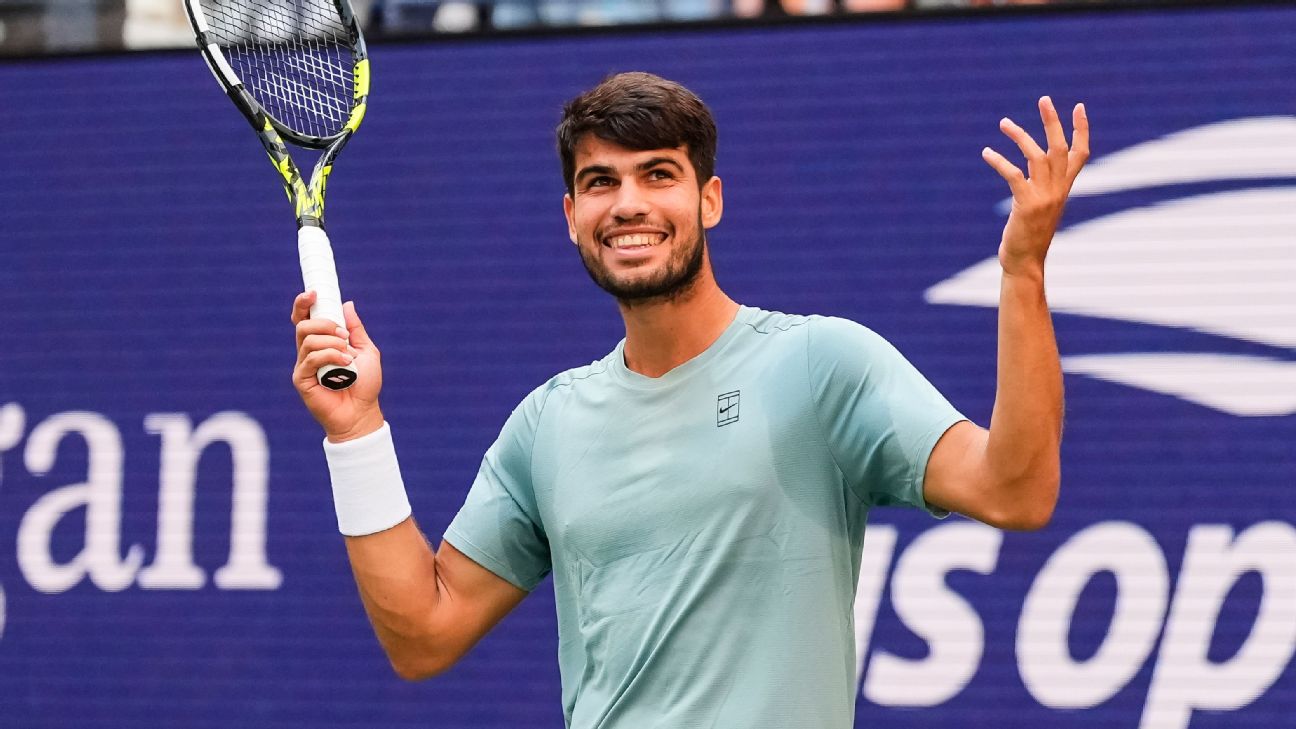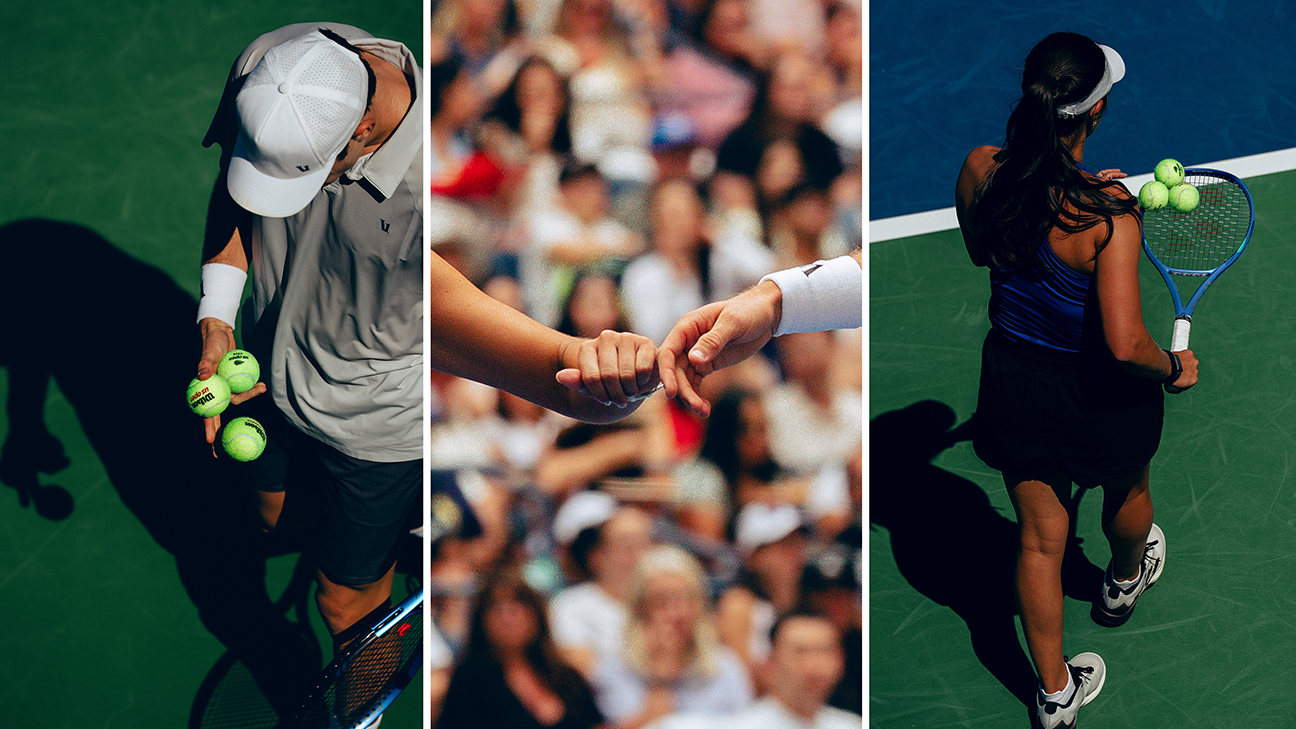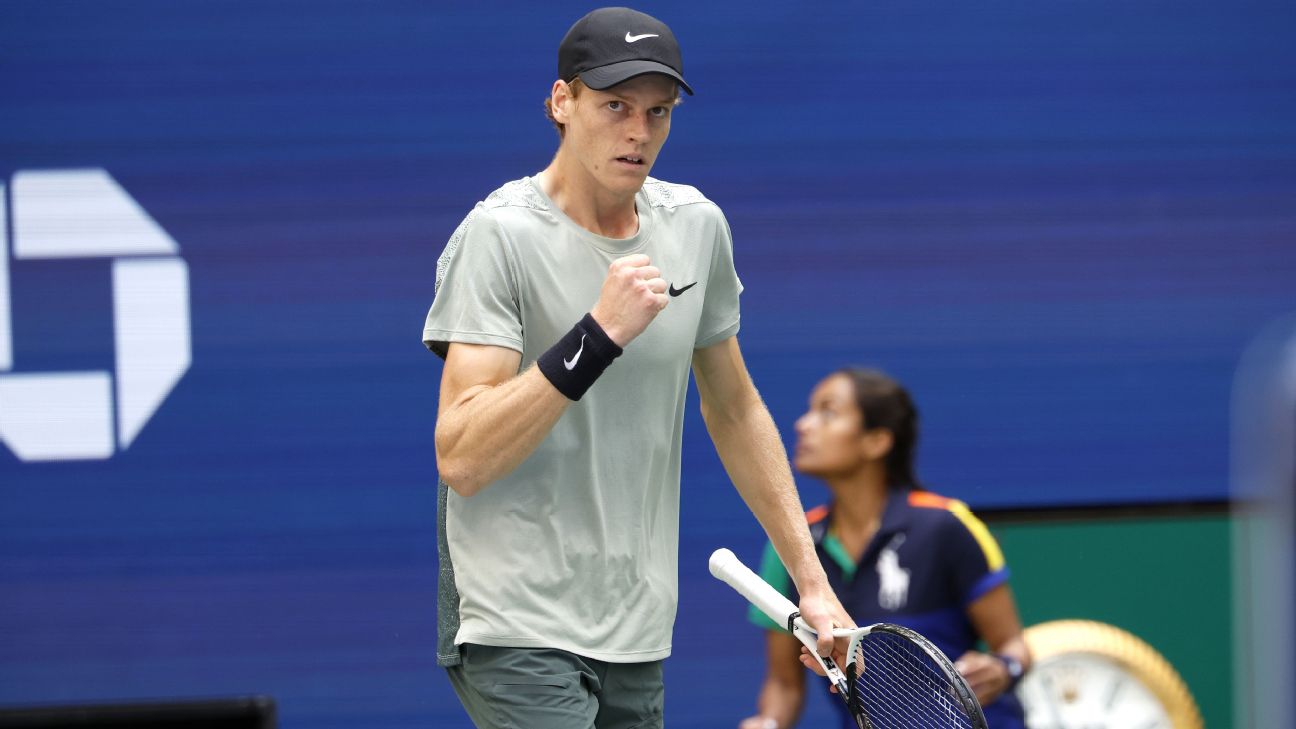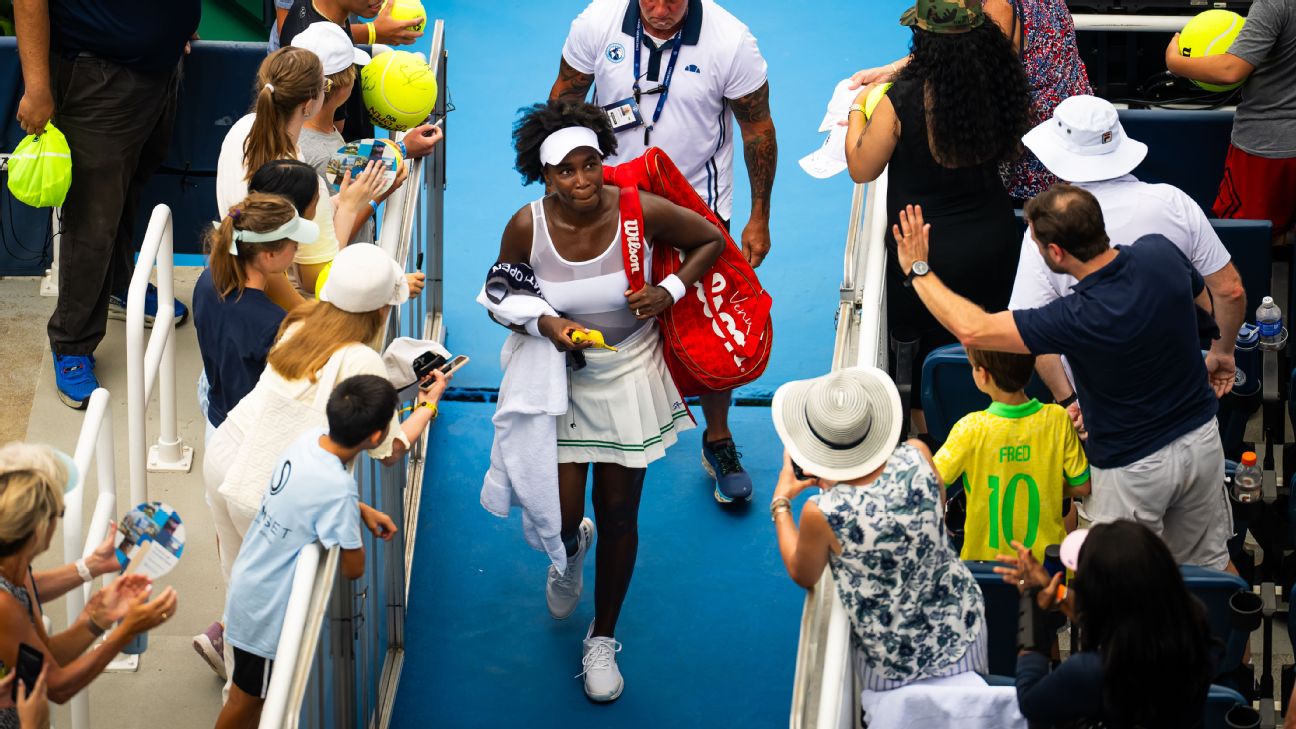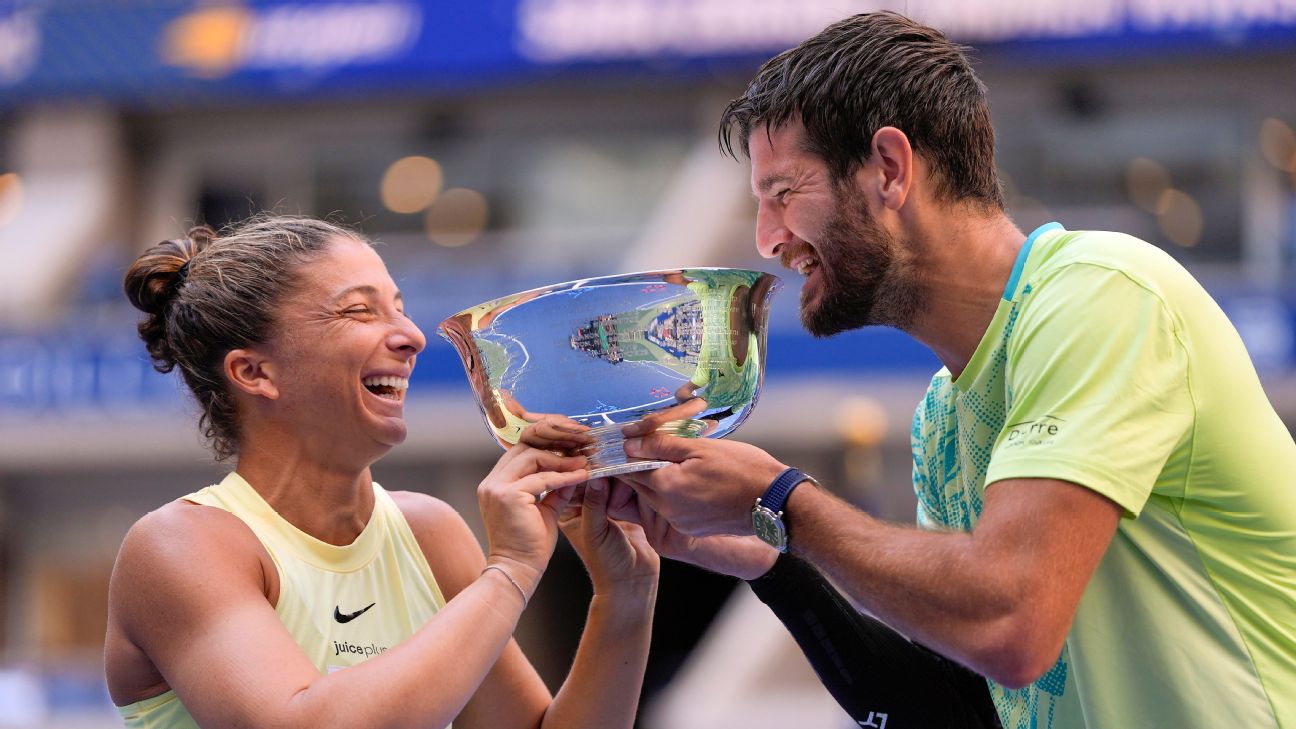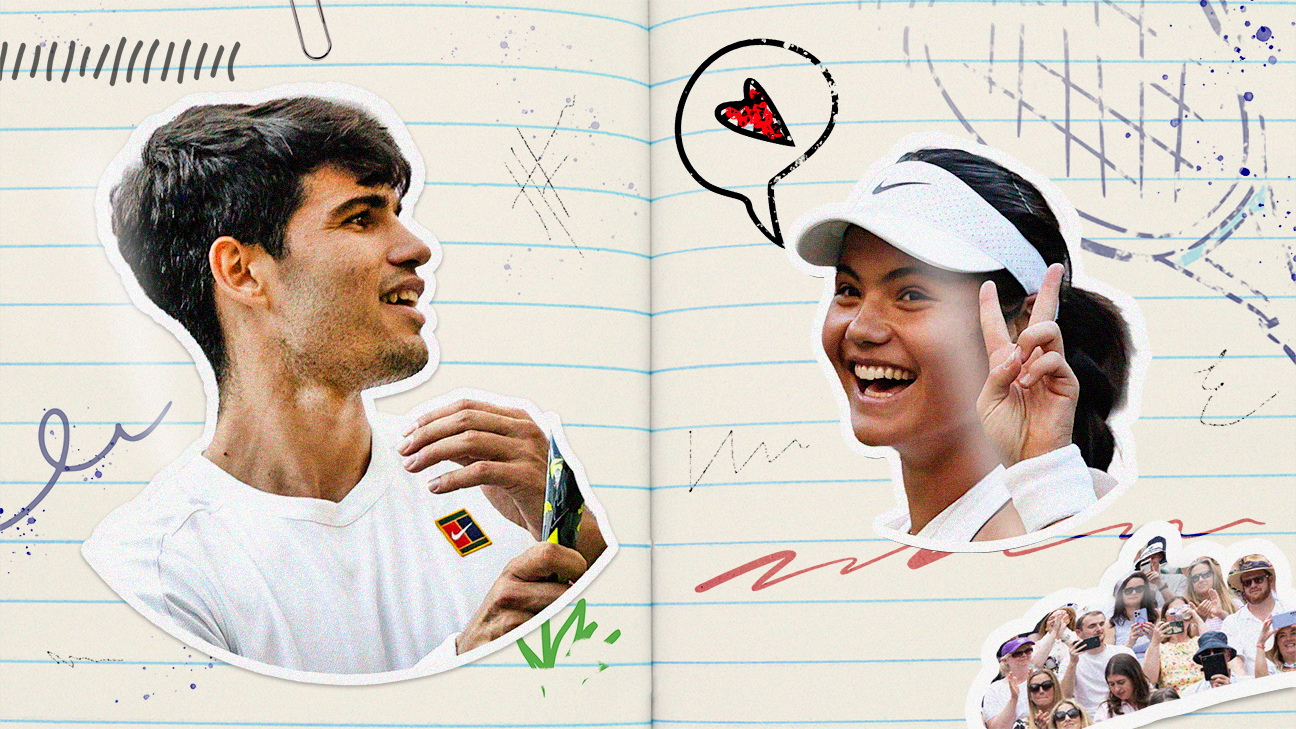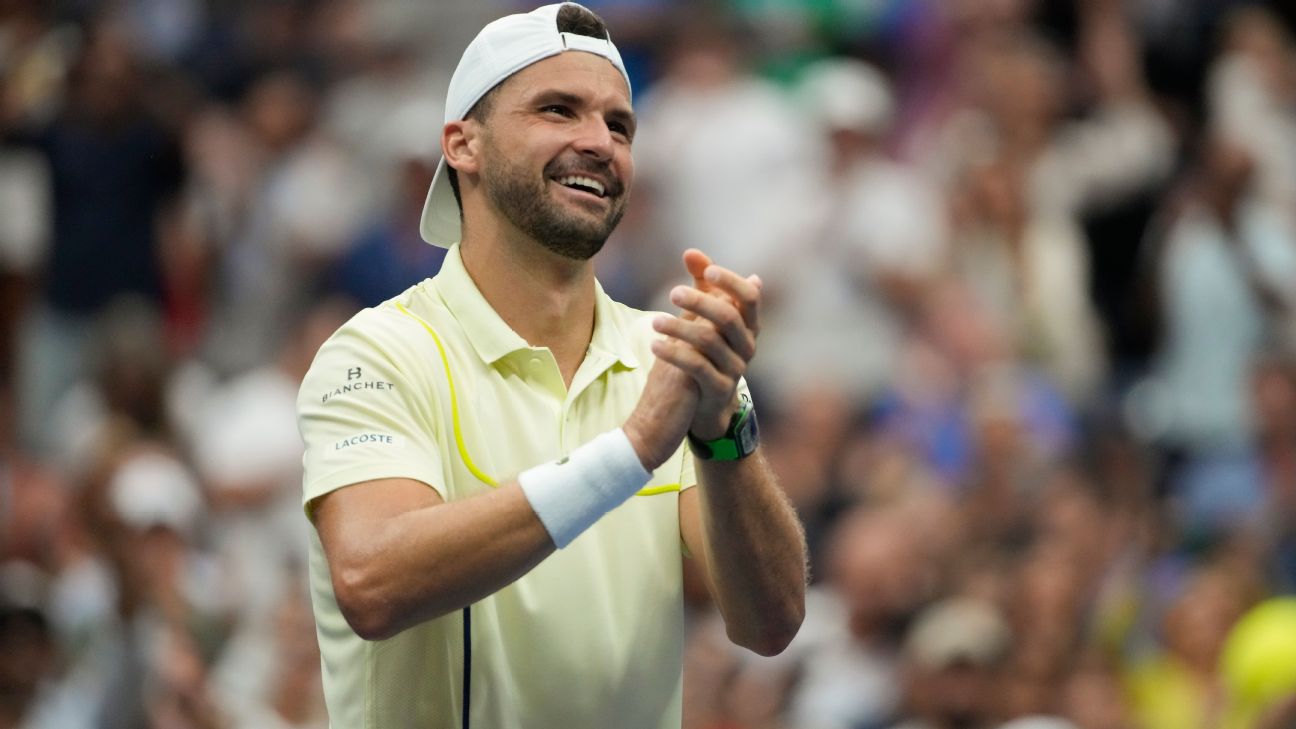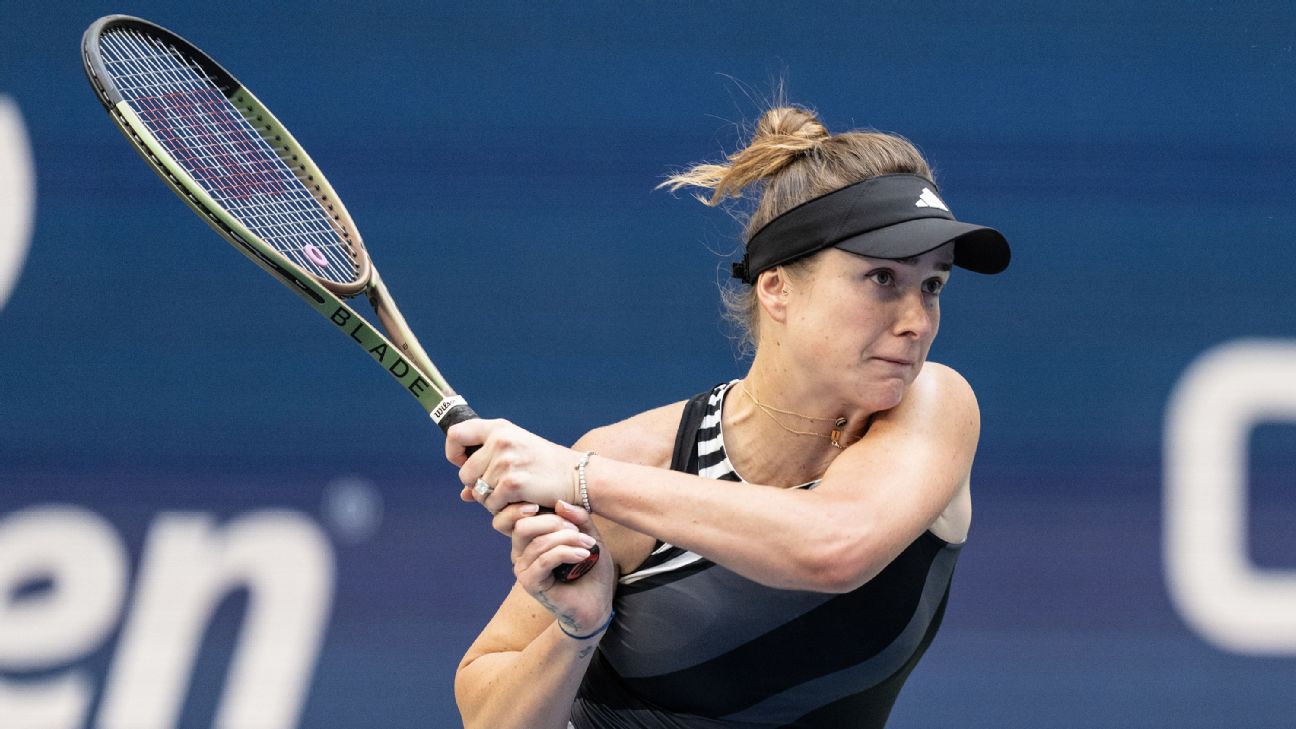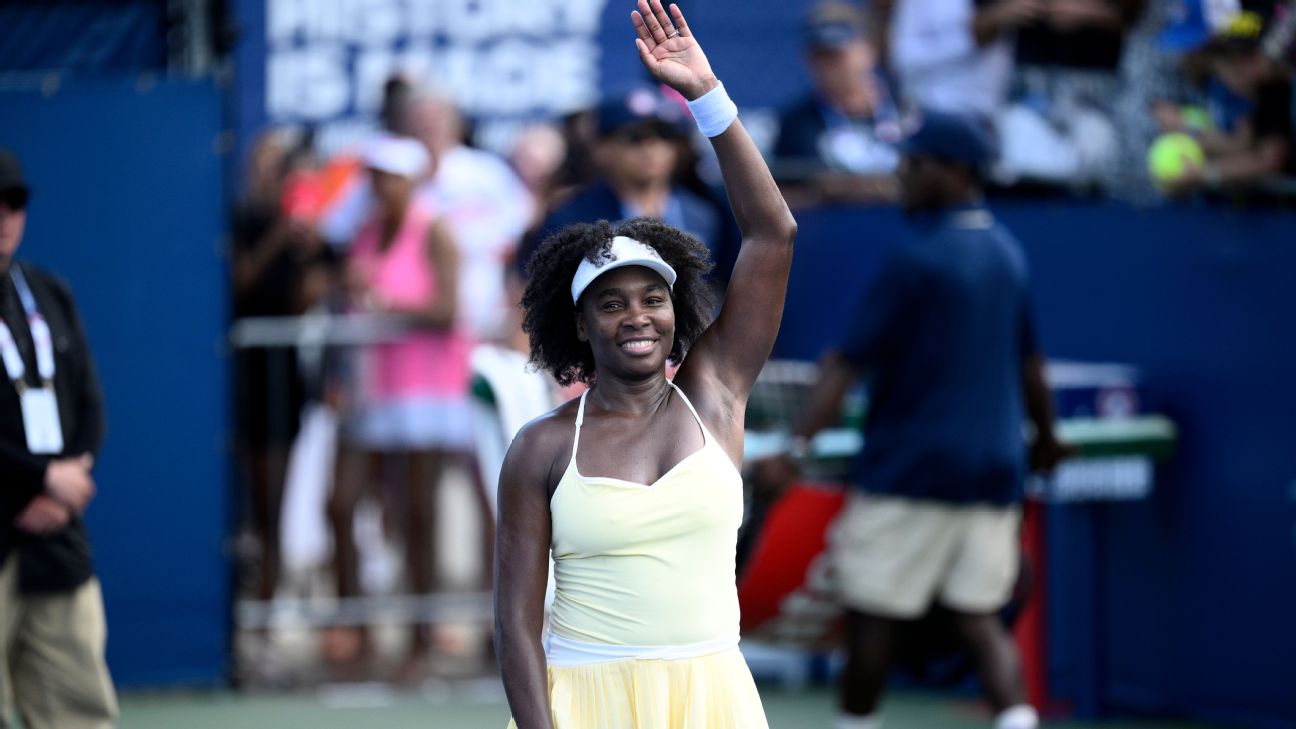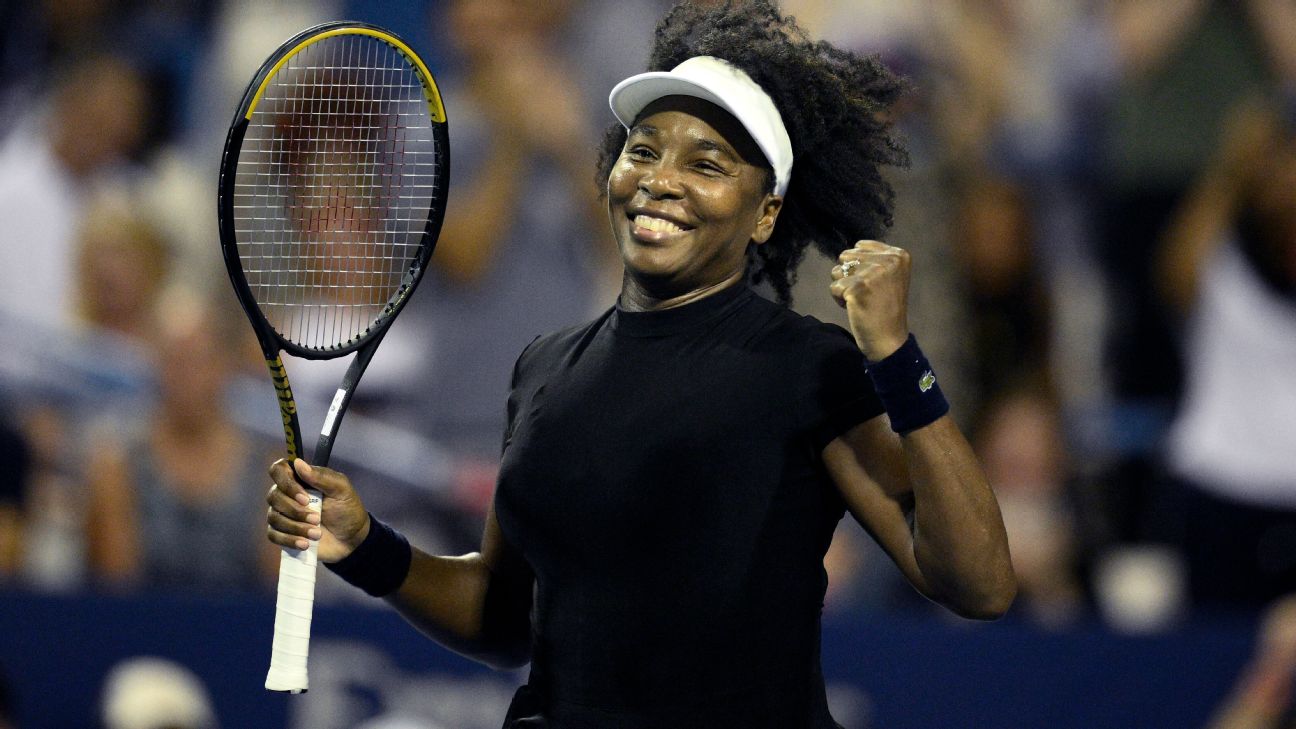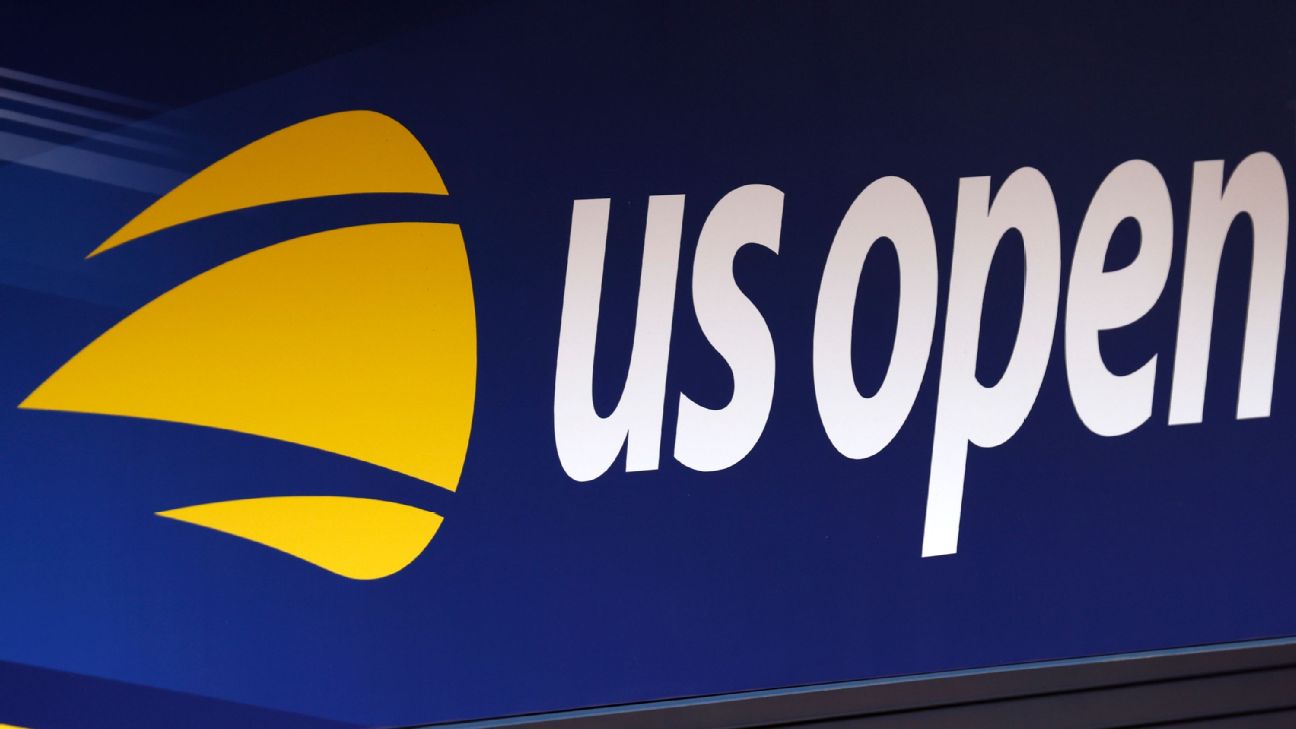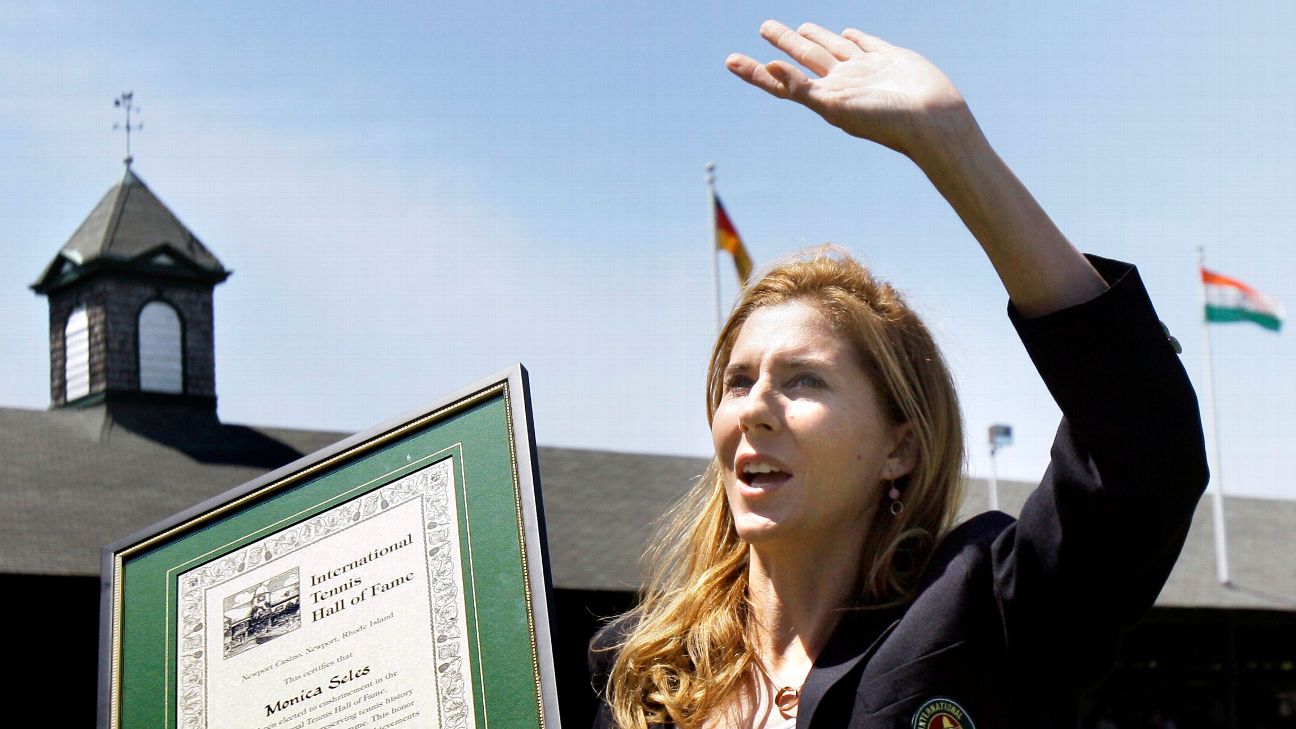The Future of Tennis Officiating: Line Judges vs. Electronic Line Calling at the French Open
Explore the ongoing debate between traditional line judges and electronic line calling at the French Open, the last Grand Slam to resist the technological shift.

The French Open remains the final bastion of traditional line judges in Grand Slam tennis, as electronic line calling (ELC) continues to dominate other major tournaments. This year, Wimbledon joins the Australian Open and the US Open in adopting ELC, leaving Roland Garros as the last holdout.
The Tradition of Line Judges
At Roland Garros, the presence of line judges adds a unique layer of drama to the matches. The process is familiar: a call is made, a player protests, the umpire descends to inspect the mark, and a decision is rendered. This ritual, while sometimes contentious, is a cherished part of the clay-court experience.
The Push for Technology
Despite the tradition, the push for ELC is growing stronger. Players like Novak Djokovic and Coco Gauff have voiced their support for the technology, citing its accuracy and efficiency. Djokovic remarked, "I'm more of a proponent of technology. It's just more accurate, saves time, and maybe also means fewer people on the court."
Challenges on Clay
However, the transition to ELC on clay courts has not been without its challenges. In Madrid, Alexander Zverev highlighted a significant discrepancy between the technology and the human eye, leading to a contentious call. The ATP has since clarified that reading ball marks on clay can be particularly tricky due to the dynamic nature of the surface.
The French Open's Stance
Gilles Moretton, president of the French Tennis Federation, has emphasized the importance of maintaining human line judges at Roland Garros. "We want to keep our linesmen as long as the players agree with that," Moretton stated. However, he acknowledged that if players unanimously demand ELC, the tournament would have to reconsider.
Player Perspectives
The players themselves are divided. While some, like Stefanos Tsitsipas, appreciate the human element on clay, others, like Casper Ruud, prefer the precision of ELC. Ruud noted, "The margin of error is smaller with electronic line calling."
The Road Ahead
As the French Open progresses, the debate is likely to intensify. A single contentious call could sway the conversation, pushing Roland Garros closer to adopting ELC. For now, the tournament remains a symbol of tradition in a sport increasingly driven by technology.




